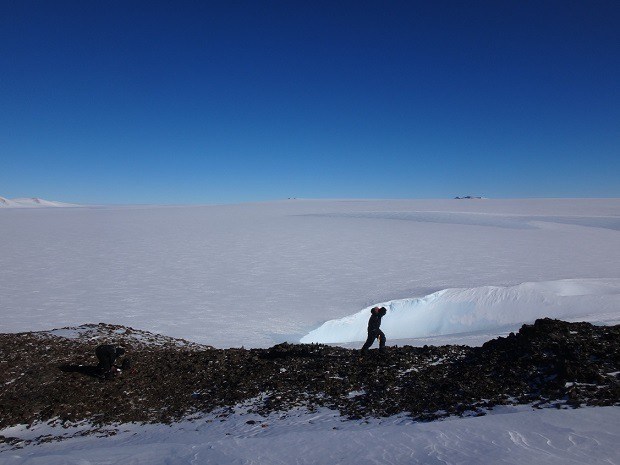The ice shelves in the Arctic regions in the north and south of the planet continue to melt down leading to rising sea levels and severe climatic and economic consequences for Europe.
Earth Day was recently celebrated on 22 April, the date which marks the anniversary of the birth of the modern environmental movement in 1970. This year, the virtual Leaders Summit on Climate started on 22 April, with the US under the Biden administration and other countries pledged to cut their green-house gas emissions by 2030 and reach net zero emissions by the mid of the century.
On Earth Day, the EU-funded Copernicus Climate Change Service also published its annual European State of the Climate report. This report is an easy-to-understand snapshot of Europe’s climate in 2020 and the global context, including analysis of notable climatic events over the 12-month period.
Globally, it was one of three warmest years on record. Over northern Siberia, temperatures reached more than 6°C above average for the year as a whole, with dry conditions and record-breaking fire activity during summer. In the adjacent Arctic seas, sea ice was at a record low for most of the summer and autumn.
In 2020, the annual temperature for Europe was the highest on record. Winter was particularly warm, also setting a record, at more than 3.4°C above average.
It is already no secret that the Arctic is warming twice as fast as the rest of the globe and experienced record temperatures in 2020. In September 2020, Arctic sea ice reached its second lowest minimum extent since 1979, behind the record minimum of 2012, with a monthly mean extent 35% below the 1981–2010 average.
Is EU prepared to face and mitigate the impacts of a warming Artic on the environment and the economy? At a webinar organised on Wednesday (5 May) at 14.30 (CET) by The Brussels Times together with the European Centre for Medium-Range Weather Forecasts (ECMWF), the issue will be explored by a high-level panel of experts.
Among others, the panel will include Samantha Burgess, Deputy Director of the Copernicus Climate Change Service, and Alain Hubert, Belgian polar explorer and founder of the International Polar Foundation. He was the first Belgian to have reached the North Pole in 1994 and directed the construction of the world’s first zero-emission research station in Antarctica.
The Brussels Times

